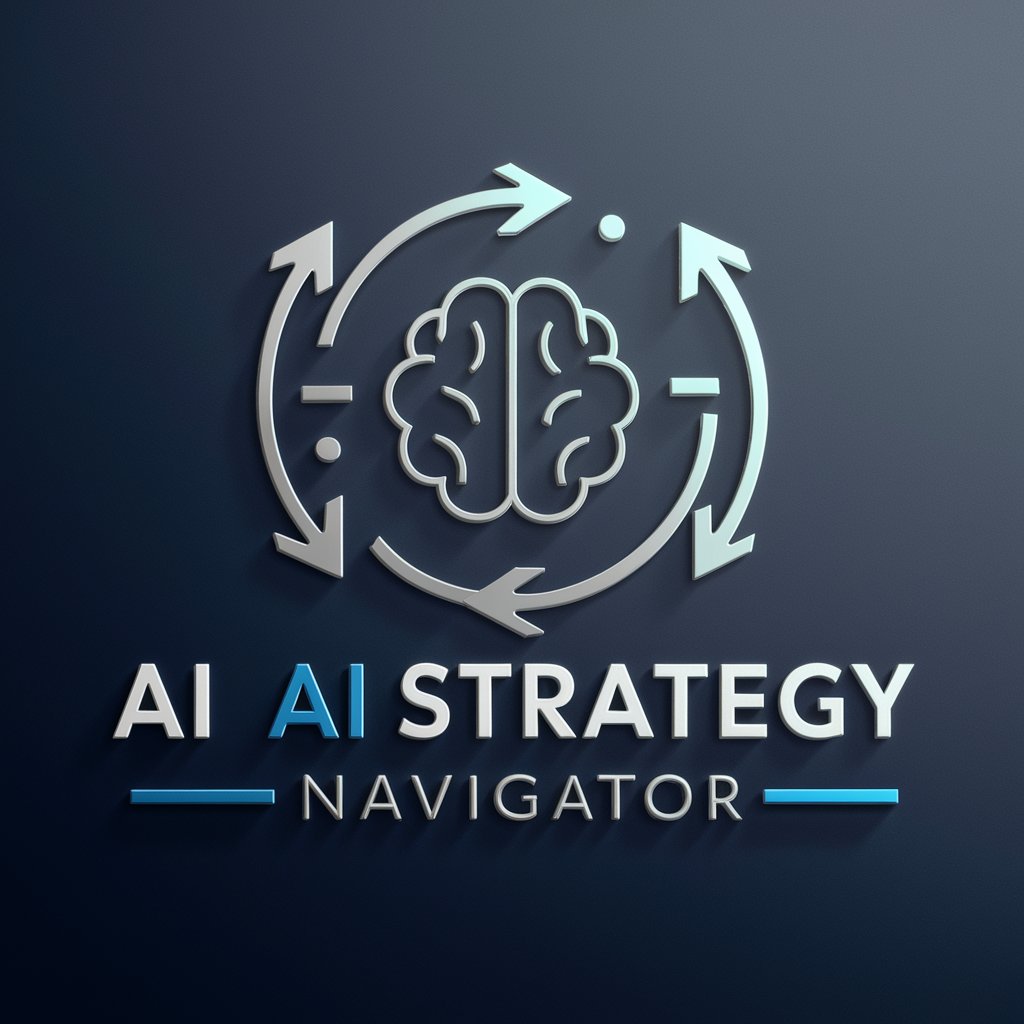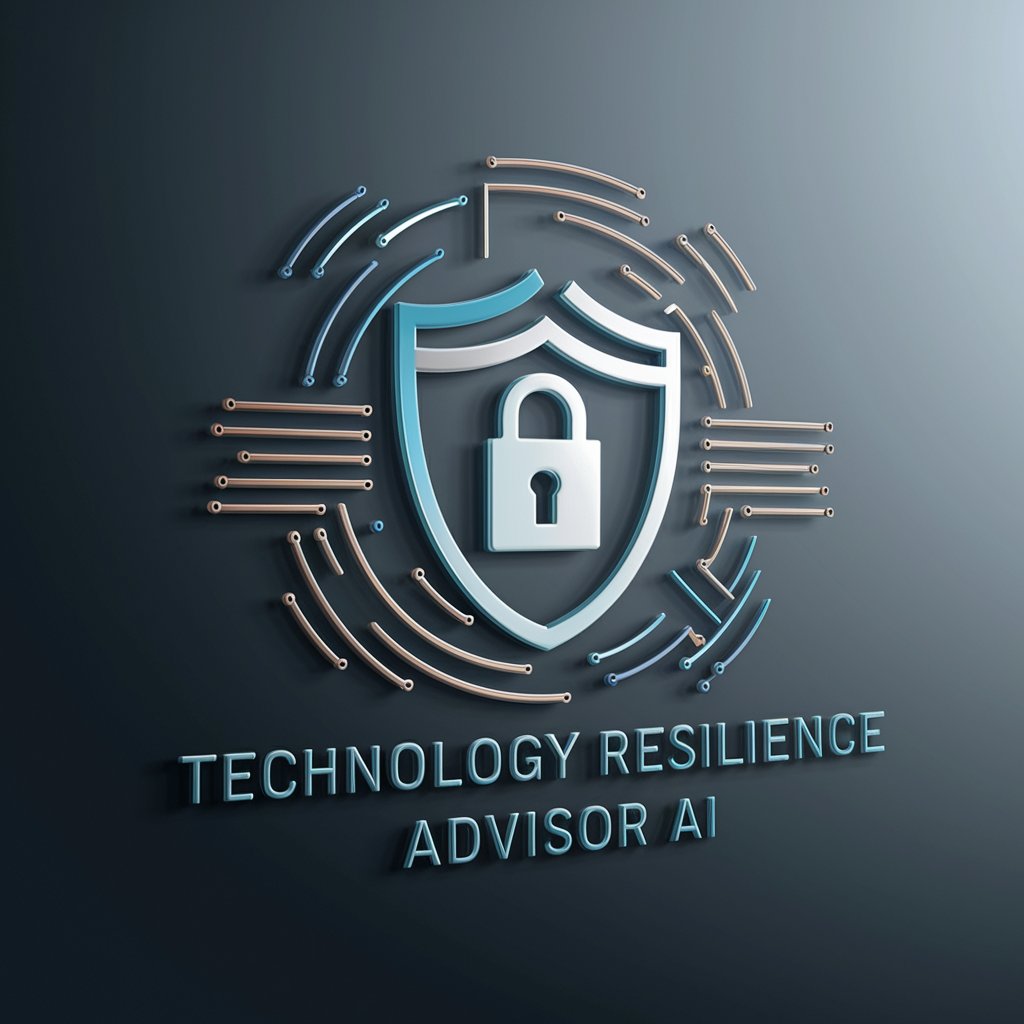
AI Resilient Assessment - AI-Resistant Test Creation
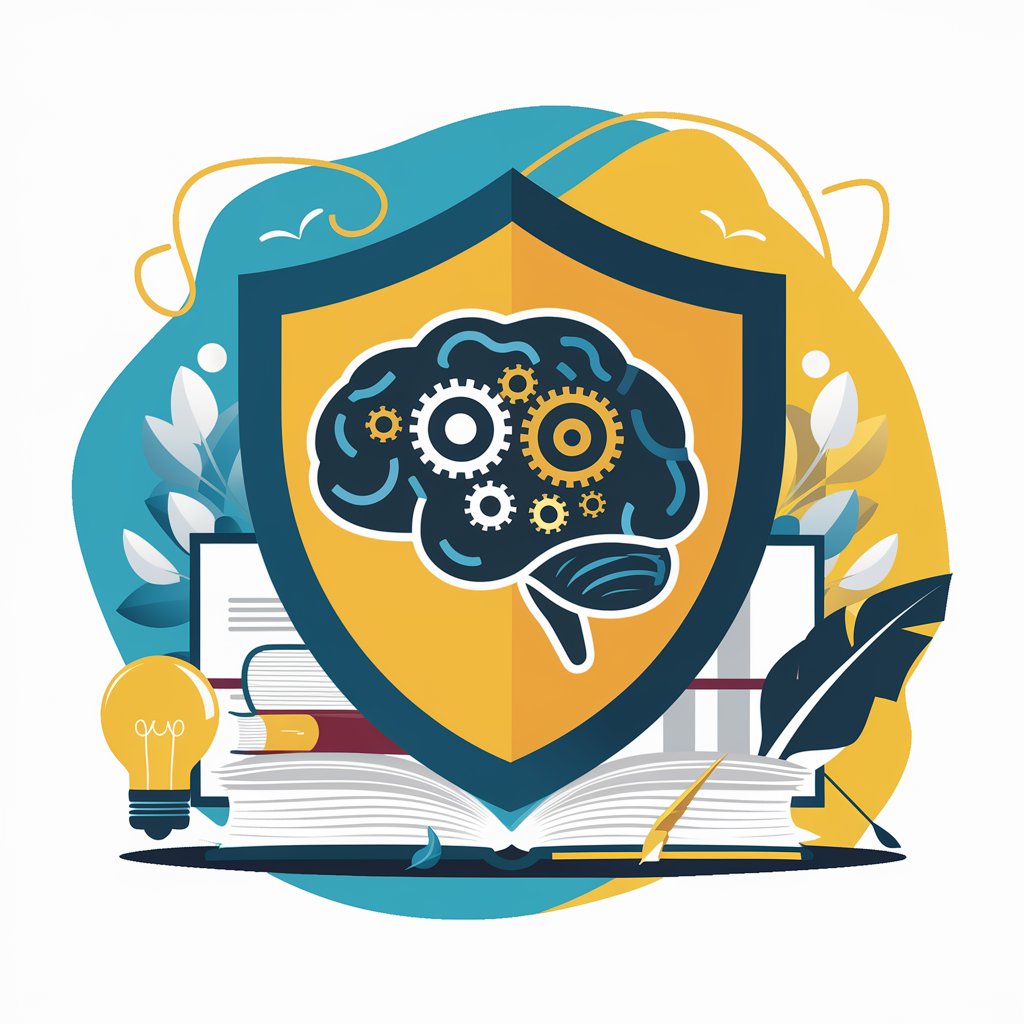
Welcome to the future of resilient assessments!
Empowering Authentic Learning with AI Resistance
Design an assessment task that requires...
Create a real-world scenario where students must apply...
Develop a set of questions that encourage students to reflect on...
Propose a collaborative project that involves...
Get Embed Code
Introduction to AI Resilient Assessment
AI Resilient Assessment is designed to assist educators in crafting evaluation processes that remain effective and equitable in the face of increasing use of artificial intelligence by students. The primary goal is to ensure assessments evaluate true student understanding and application of concepts, rather than their ability to find answers using AI tools. This involves creating tasks that emphasize critical thinking, real-world application, and original thought. For example, instead of traditional fact-based questions, AI Resilient Assessment might suggest a scenario where students are asked to analyze a case study relevant to their course material, requiring them to apply concepts in a practical context. Powered by ChatGPT-4o。

Main Functions of AI Resilient Assessment
Identifying Core Competencies and Objectives
Example
Working with teachers to outline the essential skills and knowledge students should acquire in a history course, ensuring assessments align with these objectives.
Scenario
In a world history class, creating an assignment where students must compare and contrast the causes and effects of different revolutions, demonstrating understanding beyond memorization.
Incorporating Higher-Order Thinking Skills
Example
Advising on the development of questions that require analysis, synthesis, and evaluation.
Scenario
For a science class, designing a lab experiment where students must devise their own hypothesis about plant growth under various conditions, then test and analyze their predictions against observed outcomes.
Utilizing Open-Ended Questions
Example
Helping teachers create questions that encourage students to explain concepts in their own words.
Scenario
In an English literature course, asking students to interpret the themes of a novel and relate them to current societal issues, promoting original thought and personal connection to the material.
Ideal Users of AI Resilient Assessment Services
Educators and Instructors
Teachers, professors, and educational professionals who aim to evaluate their students' genuine understanding and application of course materials. These users benefit from AI Resilient Assessment by developing more effective and engaging assessments that are resistant to AI assistance, ensuring a fair and comprehensive evaluation of student learning.
Curriculum Developers
Individuals and teams responsible for creating educational content and assessments. They can use AI Resilient Assessment services to design curricula that incorporate critical thinking, creativity, and real-world application, making it more difficult for students to rely on AI for answers and encouraging deeper learning.

How to Use AI Resilient Assessment
1
Start by accessing a free trial at yeschat.ai, no login or ChatGPT Plus subscription required.
2
Define your educational objectives and core competencies to align with your curriculum needs.
3
Utilize the tool to design assessments incorporating higher-order thinking skills and real-world applications.
4
Review and customize the generated assessment tasks to ensure they meet your specific educational standards and objectives.
5
Implement the assessments in your educational setting, utilizing the tool's analytics for continuous improvement and adaptation.
Try other advanced and practical GPTs
Dialectify SQL
Transform SQL with AI Precision
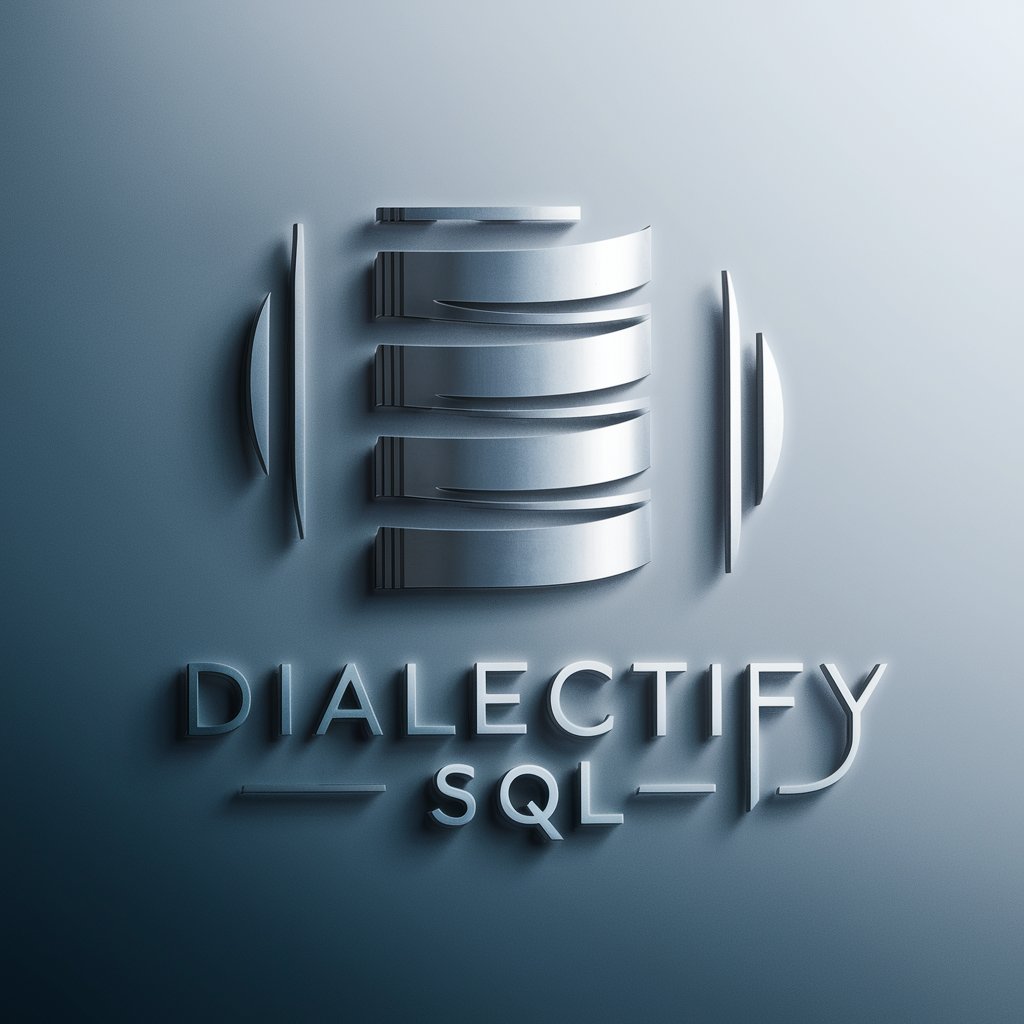
Discover New Zealand
AI-powered New Zealand discovery at your fingertips.

SPARK ✧ Convert
AI-powered, versatile file conversion

UK Construction Contract Analyst
AI-powered UK Construction Contract Insight
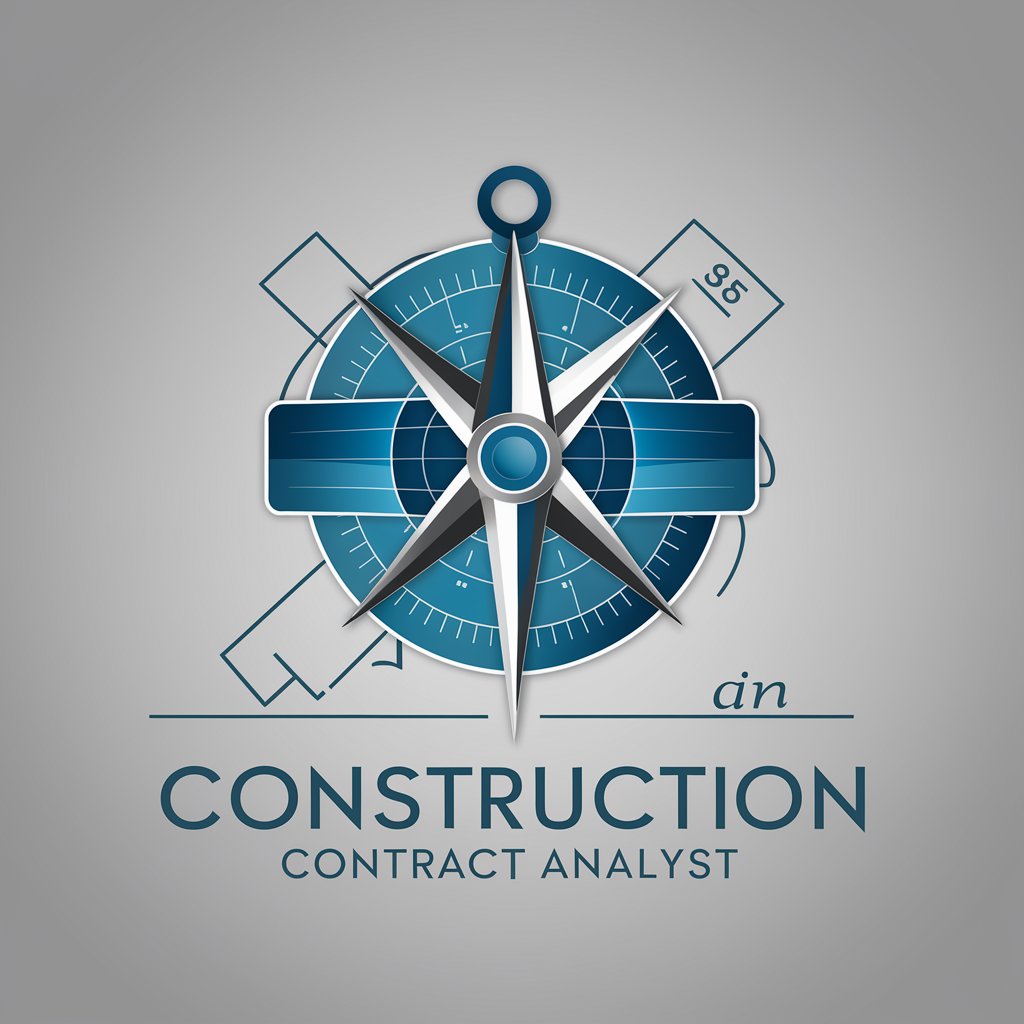
Azure Cloud Expert
Empowering Azure Success with AI Expertise

Course Crafter
Crafting Courses, Empowering Creators

Plumber's Assistant
AI-powered plumbing problem solver

lingvocio
Revolutionizing Writing with AI-Powered Precision

GPT Tinder Advisor: AI choch for Profile Reviewer
Boost Your Match Potential with AI
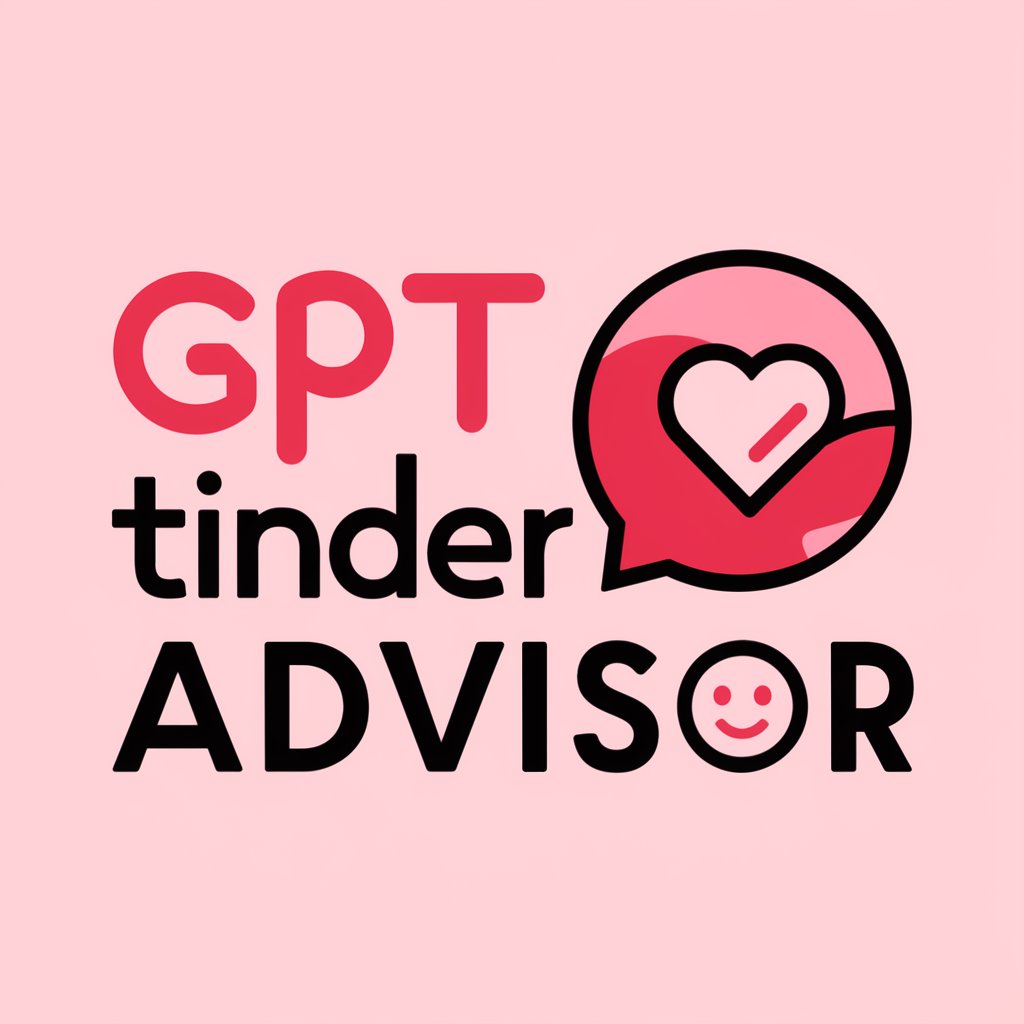
ClickMojo Nachhaltigkeitsberater
Empowering sustainable living with AI

Meal Planning Ideas & Guide
Empowering your meals with AI

ESL বাংলাদেশ SpeakWise 2.1 - Practise English!
AI-Powered English Mastery
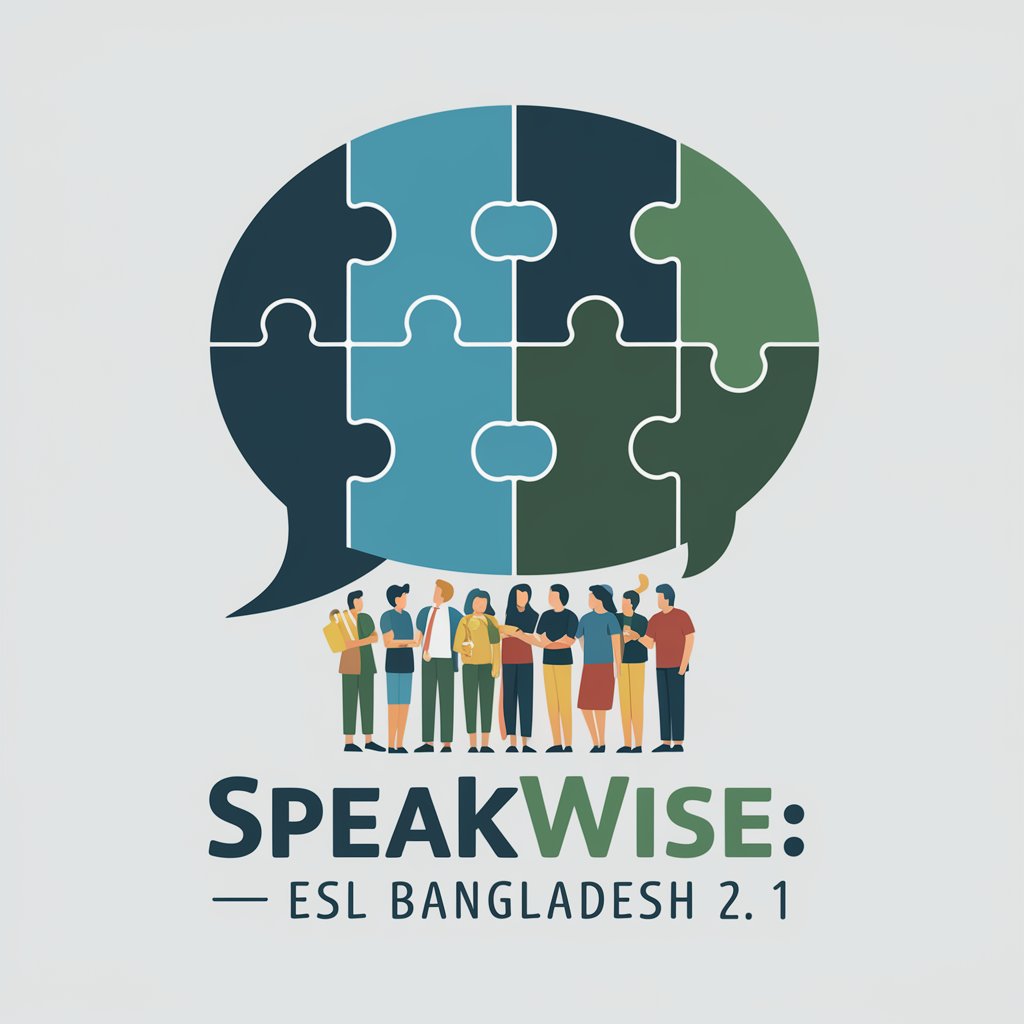
Frequently Asked Questions about AI Resilient Assessment
What is AI Resilient Assessment?
AI Resilient Assessment is a tool designed to help educators create evaluation processes that are resistant to AI assistance, ensuring fair and challenging evaluation of student understanding and application of material.
How does AI Resilient Assessment promote academic integrity?
It focuses on designing assessments that require original thought, higher-order thinking skills, and real-world applications, making it difficult for AI to provide direct answers.
Can AI Resilient Assessment adapt to different learning styles?
Yes, it supports a blend of assessment types and incorporates differentiation strategies to cater to diverse learning styles and abilities.
How often should assessment content be updated?
Regularly updating assessment materials is crucial to maintain their AI-resistant nature. The tool emphasizes rotating content to stay ahead of AI capabilities.
Can AI Resilient Assessment help in evaluating creative tasks?
Absolutely, it is designed to guide educators in crafting tasks that require creativity and originality, further enhancing its resistance to AI solutions.


